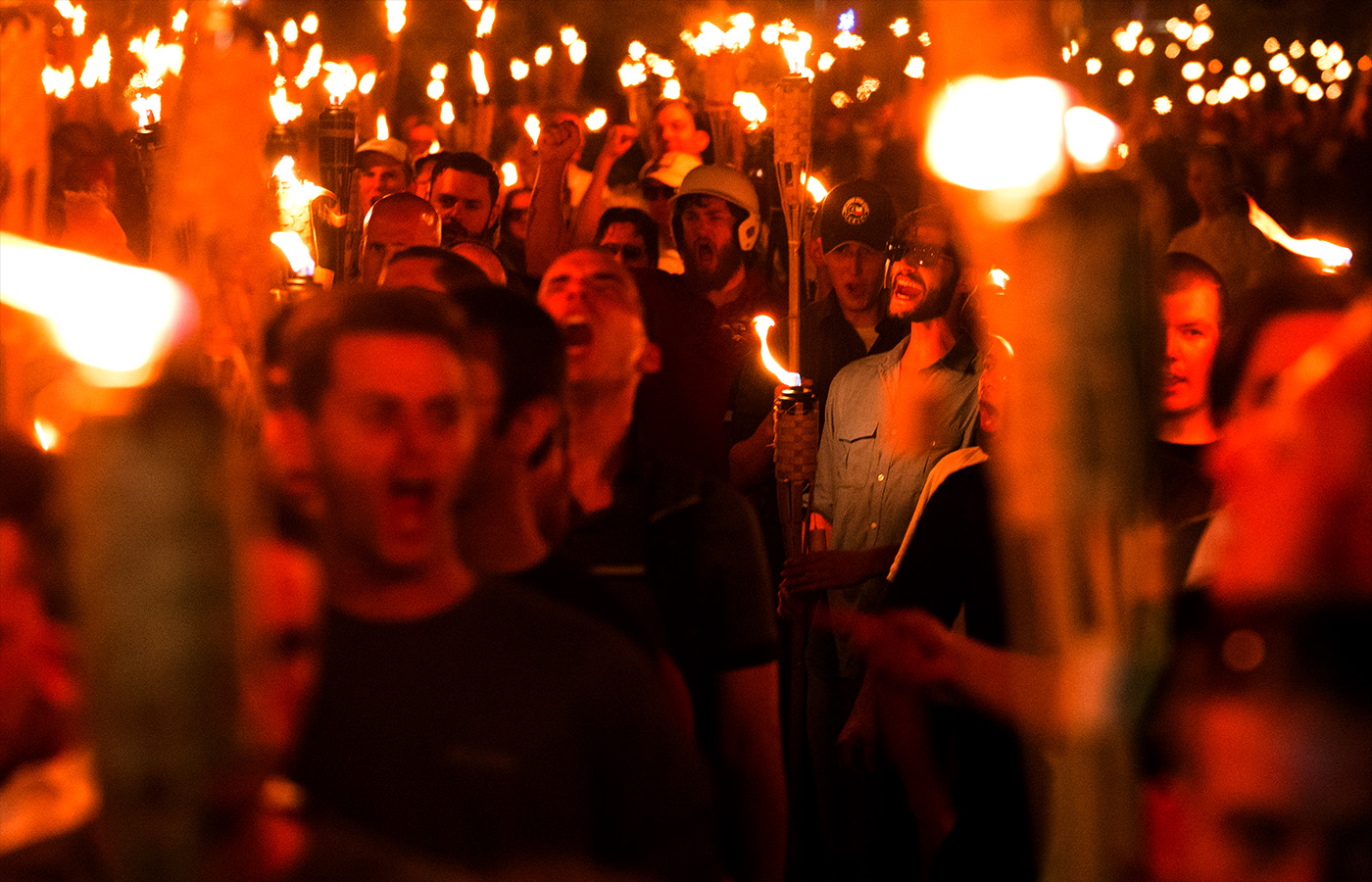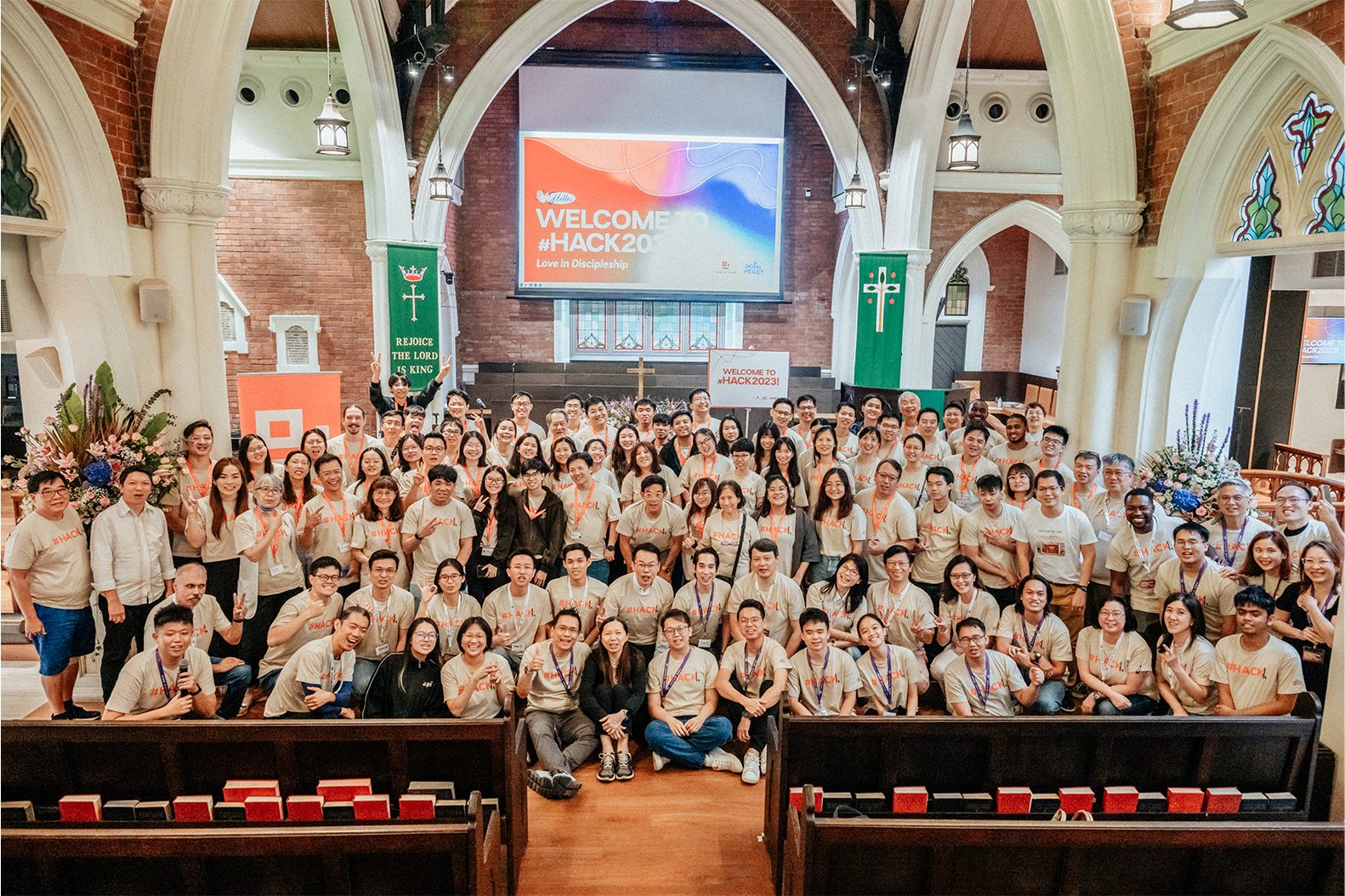I’m an alumnus of the University of Virginia (UVA), located in the impossibly beautiful town of Charlottesville.
On Friday, August 11, white supremacists marched onto our Lawn, protesting in frightening numbers against the city’s plan to tear down Confederate monuments, which include statues of Confederate leaders from the American Civil War – leaders who fought for the enslaving of and suppression of rights for African-Americans.
The clashes between the white supremacists and counter-protestors, which included UVA students, led to three deaths. Based on my Facebook feed, America is reeling. America can’t stop talking.
When it comes to speaking, I’m a minimalist. Everything is about precision – the right words in the right order at the right time. If I have a choice as to whether to “add to the conversation” or not, I’d rather not.
But everyone’s talking – so here, I chose to talk too, so that we can understand.
There are words in this discourse that could be foreign to my fellow Singaporeans, words like “supremacist” and “Confederate”. I can hear the voices of some church aunties and uncles I know: “Aiyah, America, that crazy place.” And that is where the assessment usually ends.
But if I were to summarise what is going on, what is precisely so blood-chilling, it is that such racism is alive, well, endorsed, and preached as a right.
While the voices of condemnation ring loudly, there is palpable horror that the inequalities an entire war was fought over have not been destroyed.
Clay Cooke of New City Commons, commenting on the protest, wrote: “The evil on display … attacked something that stands at the very core of the Christian faith: An unbending commitment to the fundamental and irreducible dignity of each and every human person, regardless of race or ethnicity, creed or station, skill or ability.
“At the heart of the Christian imagination is that the human person – each human person – is the dignified crown of creation.”
Maybe some of us cannot imagine being like Jesus, who understood the importance of confrontation better than anyone else, even to the point of death.
Perhaps this seems obvious to us, not just in church, but in Singapore, where we’ve been weaned since young on the dangers of racial riots and saying anything that could be remotely racially sensitive.
And yet, as a teacher, I see how my students, after “enforced” Racial Harmony celebrations every year of their schooling life, start to lose sight of exactly what they are celebrating. I hear the unasked (and sometimes asked) question in the voices of loved ones. “She married an Indian.” Why she marry him ah?
We should insist on celebrating this harmony – not because we have fully attained it, but because, in whatever state we have it now, it is precious.
A recent StarHub commercial chose to intersperse African-American civil rights activist Martin Luther King’s I Have a Dream speech with scenes of Singaporeans of different races and religions side by side, going about their everyday lives.
The very fact that these scenes are of such normalcy to us is in itself powerfully touching. It might seem vainglorious for us to imagine that we in any way at present the ideal that Dr King fought and dreamed for – but the truth is how shockingly these scenes contrast with the turmoil in Charlottesville, from just one week ago.
We should move beyond mere celebration, towards action.
There is a place we need to tread, between being afraid to talk about race, and the violent eruption of racist sentiments. We Singaporeans aren’t very good at this. Many see conversation as confrontation, and God forbid that we raise our voices and disrespect our elders.
Maybe some of us cannot imagine being like our saviour Jesus, who understood the importance of confrontation better than anyone else, even to the point of death (Philippians 2:8).
But we forget the likes of Ananias, whose act of faith was to pray for a supremacist who would have killed him for what he believed.
In Acts 9:13, we see how Ananias was afraid: “Lord, I have heard from many about this man, and how much evil he has done to your saints at Jerusalem.” The man he blessed – the apostle we know as Paul – repented and was forever changed.
God doesn’t call us to be safe. He calls us to cross boundaries, in order to transform.
We cannot put Charlottesville into the box of crazy, a kind of crazy that can never happen here. And as little as I like to talk, I cannot put my voice away, when God calls me to speak the truth.









